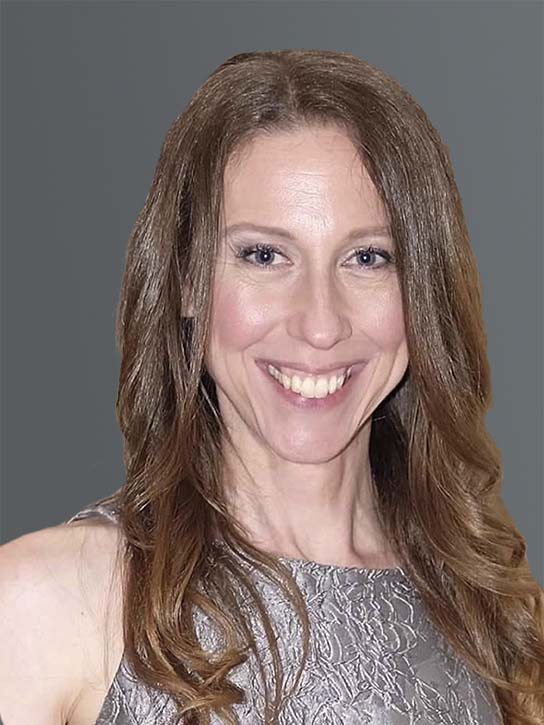The Role of the Registered Dietitian Nutritionist in Cancer Survivorship
A common thought for many cancer survivors is, “what should I focus on now?” Many want to take charge of their health and are determined to do what they can to prevent cancer recurrence, and are specifically interested in what kind of diet they should follow.
Medical nutrition therapy was an essential intervention during their cancer treatment. It is an equally essential intervention post-treatment. Nutrition complications patients face post-treatment vary from patient to patient but may include fatigue, impaired bone health, cardiovascular complications, bowel symptoms, metabolic syndrome, other endocrine issues, dry mouth, and taste changes. Working with an RDN helps patients with post-treatment symptom management.
Hopefully, many patients will soon begin to feel better and be ready to make positive health changes. Dietary and lifestyle interventions play a key role in risk reduction for cancer recurrence and new cancer development.
All the symptoms and metabolic manifestations guide us to make appropriate nutritional therapy recommendations which, of course, are tailored to the individual. Many survivors present with excess body weight and a higher percentage of body fat. Hence, we promote regular exercise, aerobic, weight-bearing, and resistance training and promote a healthful diet.
How you eat matters. It does affect your risk of disease in the future for cancer and cancer recurrence, and other chronic diseases. Increased weight increases visceral adiposity, which is associated with an increased risk of many cancers.
All these physical manifestations from anti-cancer treatments pave the way and subsequently bring on additional emotional symptoms such as anxiety and depression. Some may feel like they are at a standstill and not know how to begin to take steps towards better health, while others believe they should be doing more than they are doing.
Many times, survivors take to social media to obtain information and are bombarded with messages and advice for cancer prevention. Unfortunately, what sounds like good advice and recommendations can be harmful, as much of that information is not evidence-based. Many cancer survivors also take dietary supplements to promote health. It is our role to share the evidence (& lack of evidence) with our patients. We can also guide them to who and what sources provide accurate information.
Our main role is to help survivors gain back a sense of empowerment they may have felt was taken away from them upon diagnosis and throughout their treatment phase. We will collaborate with their team and be proactive with all potential health and psychosocial concerns to live their best lives.


